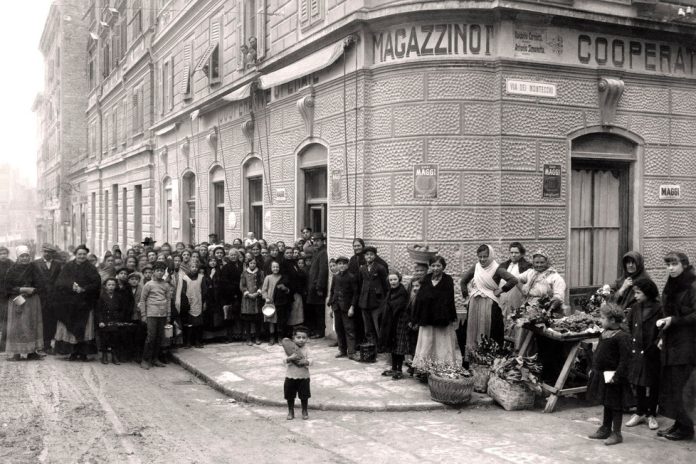
by Alessandra Ressa
Today August 24th has very little or no meaning for Triestini except for the fact that it is usually another hot summer day best spent at the beach. While for locals and Italians in general the month of August is often associated with holidays and time off work and school, not too long ago in Trieste it was considered the gloomiest month of the year.
The most dreaded date was August 24th, not only for the steaming hot weather, which made life in the poorer areas of the old town quite difficult (water scarcity was often a problem), but because it was eviction day!
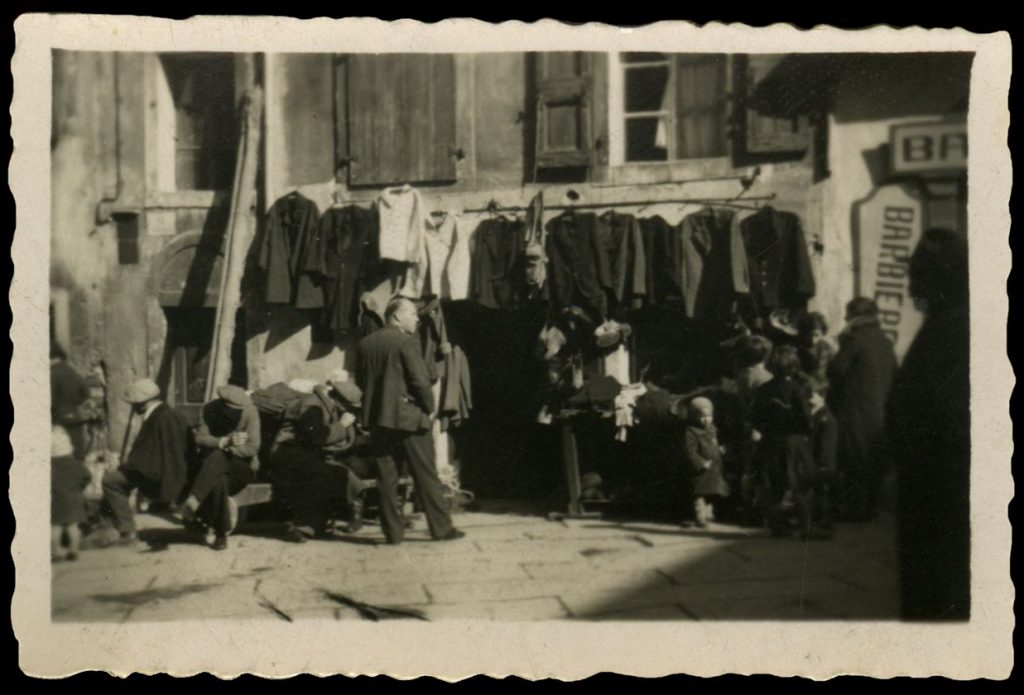
In Triestine dialect Vintiquatro de agosto, bruto come un mostro (August 24th, as ugly as a monster) was a very popular saying among the residents of the poorest neighborhoods. Starting late 18th century, it was on this nefarious date that home rental terms expired.
Rental contracts were semester-long, and early in the morning on August 24th, home-owners would make their unwelcome appearance at the door of reluctant tenants to cash the money due.
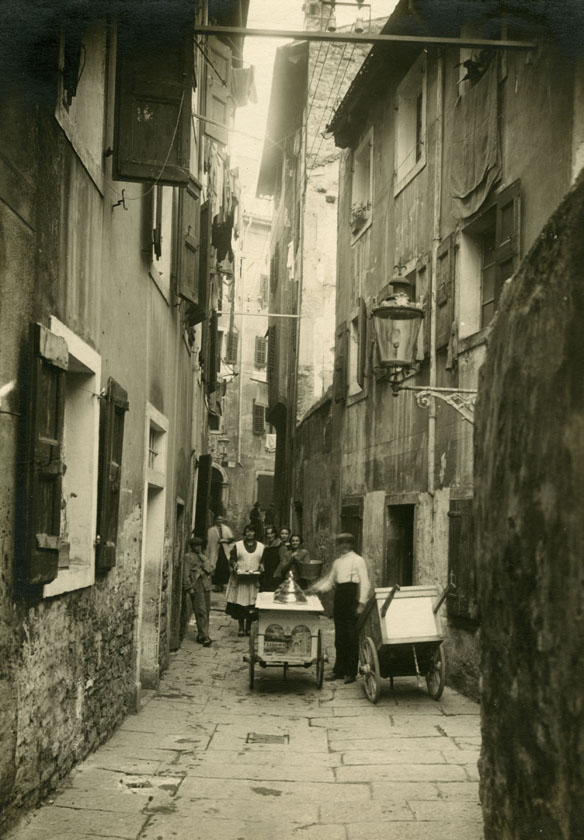
Alternatively, Triestini had to leave their homes and move elsewhere, while clusters of law enforcement members watched menacingly but from a safe distance. For this reason, the number 24 was considered a bad omen (very similar to Friday 13th). When extracted in bingo games, it would provoke nervous laughter and plenty of head shaking.
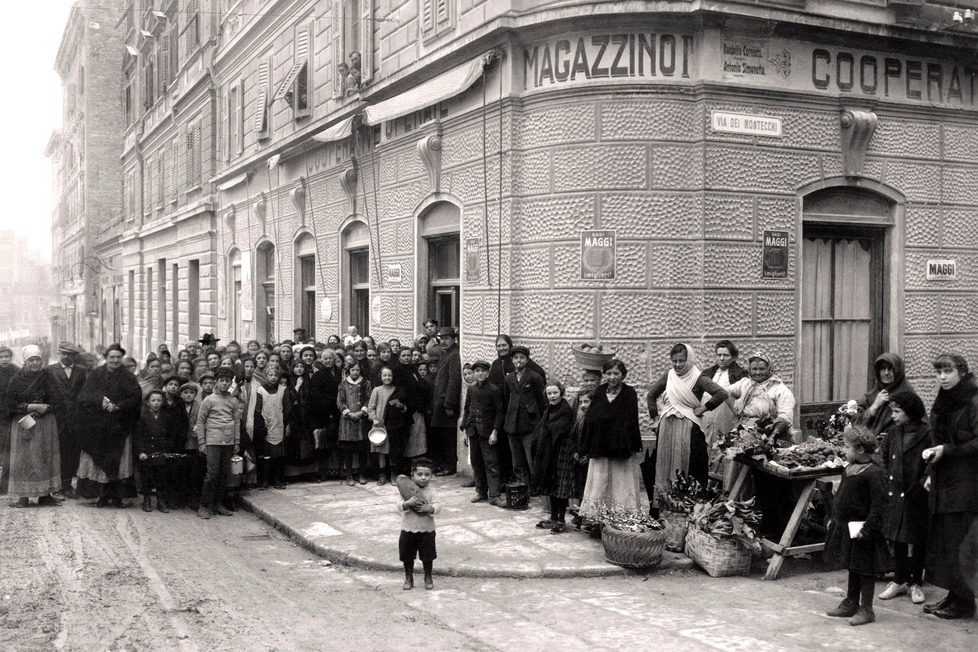
Thus, August 24th became the synonym of eviction day in Trieste. On that day, the city took on a completely different aspect. Household goods and furniture were piled up high on the streets while carts pulled by horse, ox and man ran to and fro, convulsively criss-crossing the narrow roads and often crashing into each other.
You could guess the economic condition of each evicted family by the type of transport they used for their belongings. The most expensive ones were carriages on four wheels and sturdy top (similar to the ones used by pioneers moving Westward in the US) where a whole apartment plus several members of a family could be loaded. Specialized agencies took care of the move of the evicted family who could afford it. Poor people had to carry all of their modest belongings themselves.
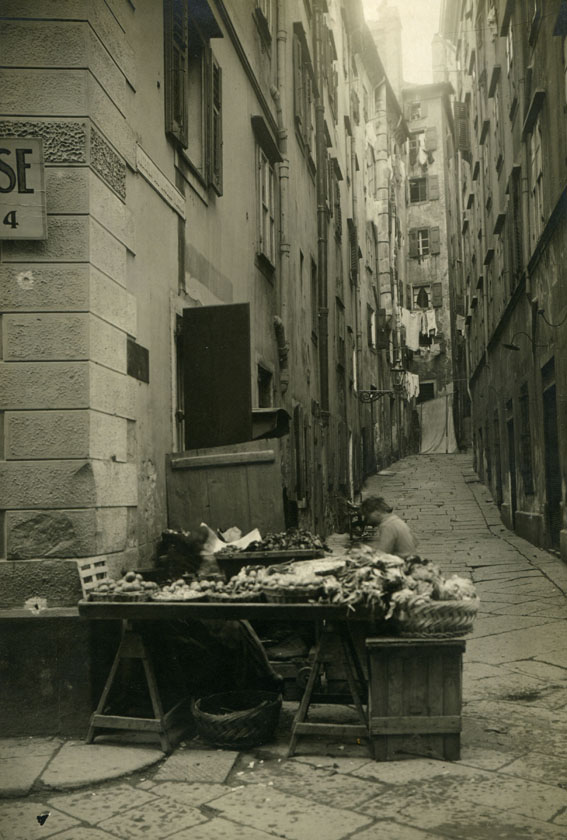
During those frantic days preceding August 24th, farmers swarmed the city. They knew that hundreds of city dwellers were in desperate need of porters and laborers. These farmers were known derogatorily as dindio (the Triestine dialect word for turkey, also meaning stupid, which was commonly used to address Istrian farmers). Although their fees were reasonable, negotiations could go on for hours before employment. According to police records of the time, bargaining to establish the movers’ fees often resulted in fights. And while families gloomily moved out, other families as gloomily moved in. It was a sad procession, made even more difficult by the humid heat of summer imprisoned in the poorly ventilated, narrow streets of Cittavecchia.
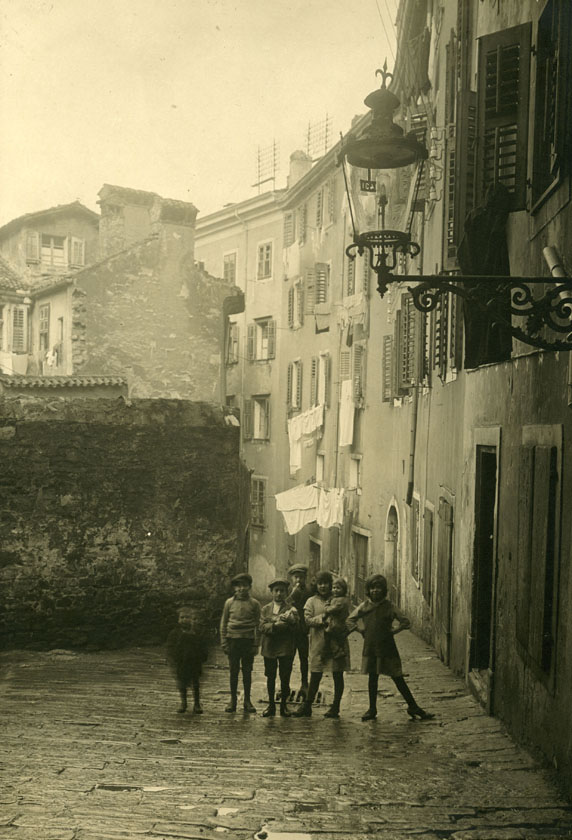
Information in this article was partly provided by Triestine historian Liliana Bamboschek and Il Piccolo.




























